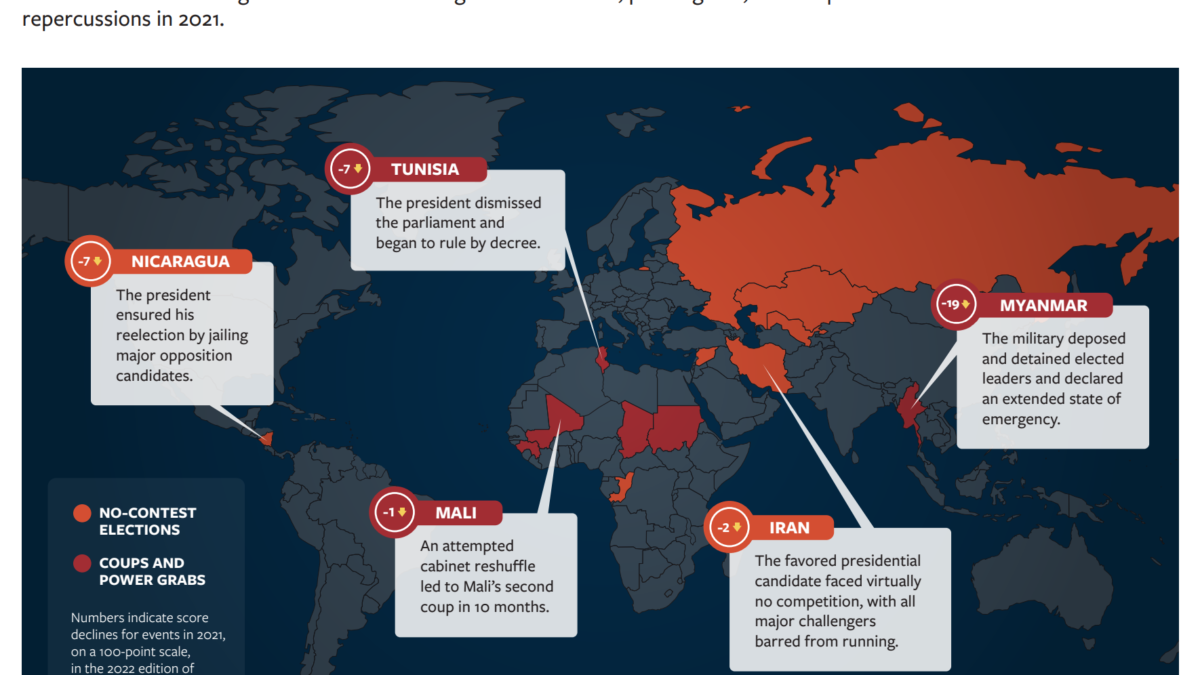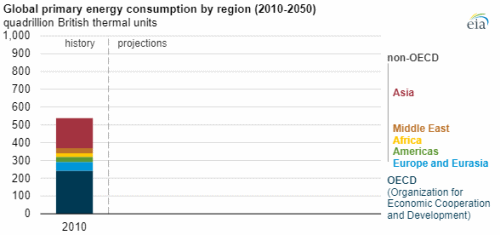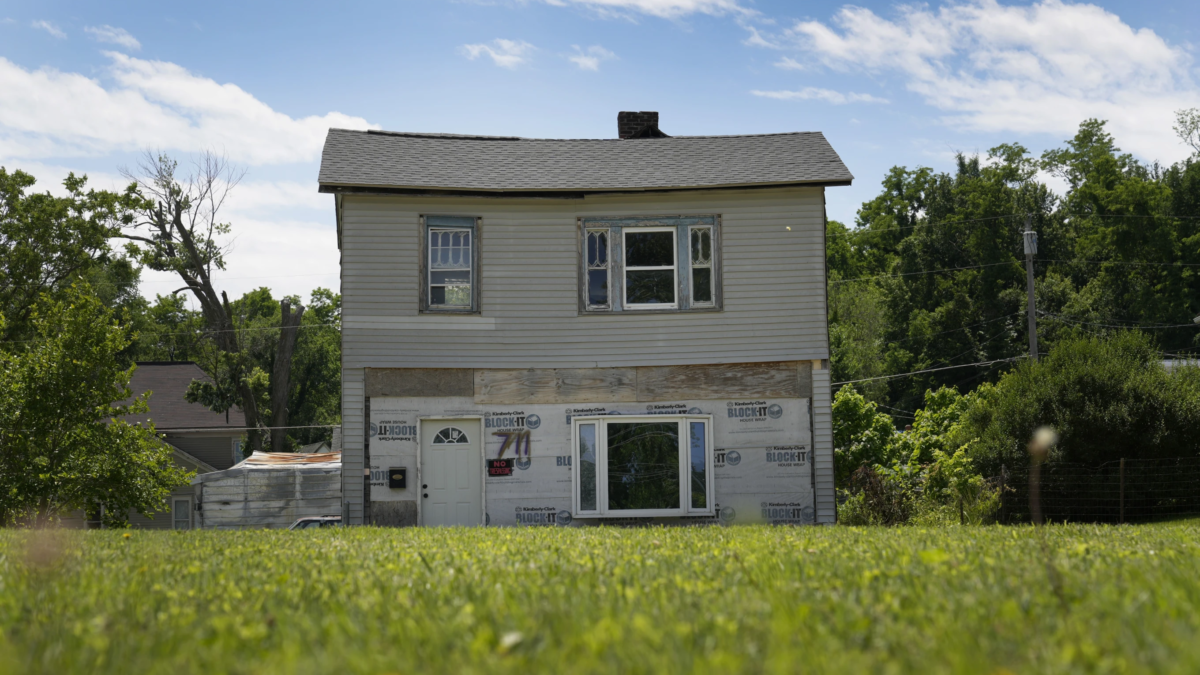Ecuador declares state of emergency as fuel protesters battle police
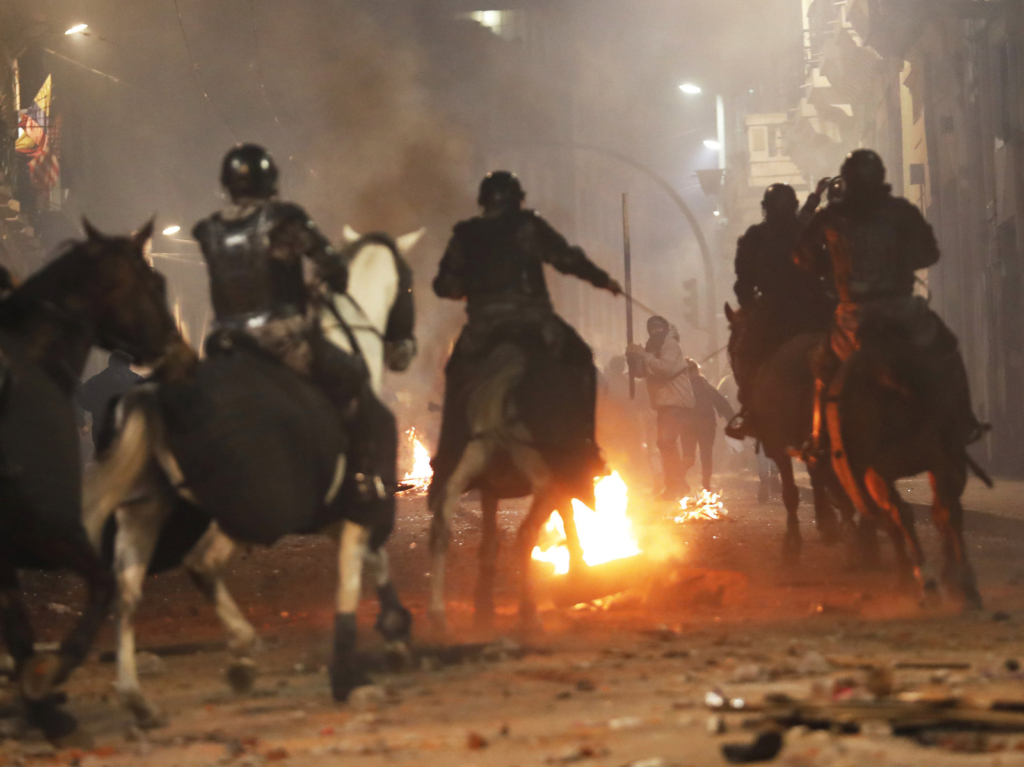
By Alexandra Valencia
6 October 2019
QUITO (Reuters) – Ecuadorean authorities began arresting shopkeepers for raising food prices as indigenous groups clashed with security forces on Sunday in a fourth day of protests against President Lenin Moreno’s austerity measures.
One man died in central Azuay province when roadblocks blocked an ambulance from reaching him after he was hit by a car, authorities said. Local media identified him as a protester, but that could not be confirmed.
Ecuadoreans complain consumer prices have risen sharply as a knock-on effect of Moreno’s abolition of fuel subsidies, which has also triggered the nation’s worst unrest in more than a decade.
“Everyone’s raising prices with the excuse of the gasoline price rise,” disgruntled pensioner Camilo Salazar, 65, said at a food market in the coastal city of Guayaquil, where prices have risen by up to a third in just a few days.
The government said 20 people were detained over the weekend for over-charging for products including corn, onions, carrots and potatoes, which are all subject to price controls.
“There is no justification for raising the prices,” Interior Minister Maria Romo said in a statement.
Ecuador’s dollarized economy had inflation of just 0.27 percent in 2018.
After a two-day strike by transport unions, indigenous groups have taken the lead in demonstrations against Moreno’s economic measures. They barricaded roads in various places again on Sunday with burning tires, branches and rocks.
Some protesters threw stones at security forces, who responded with tear gas. The CONAIE umbrella indigenous group published a video showing spear-wielding inhabitants blocking a road and shouting “Down with the government!”
The 66-year-old Moreno won the 2017 election and has set the oil-producing nation on a centrist track after years of socialist rule under predecessor Rafael Correa.
Moreno has declared a two-month state of emergency. […]
Though he enjoys the support of businessmen and the military, Moreno’s popularity has sunk to under 30% – compared with 70% after his election – and Ecuador has a volatile history.
Though transport unions stopped their action after being allowed to raise fares, other sectors have called a national strike for Wednesday. [more]
Ecuador arrests shopkeepers, man dies as protests rage
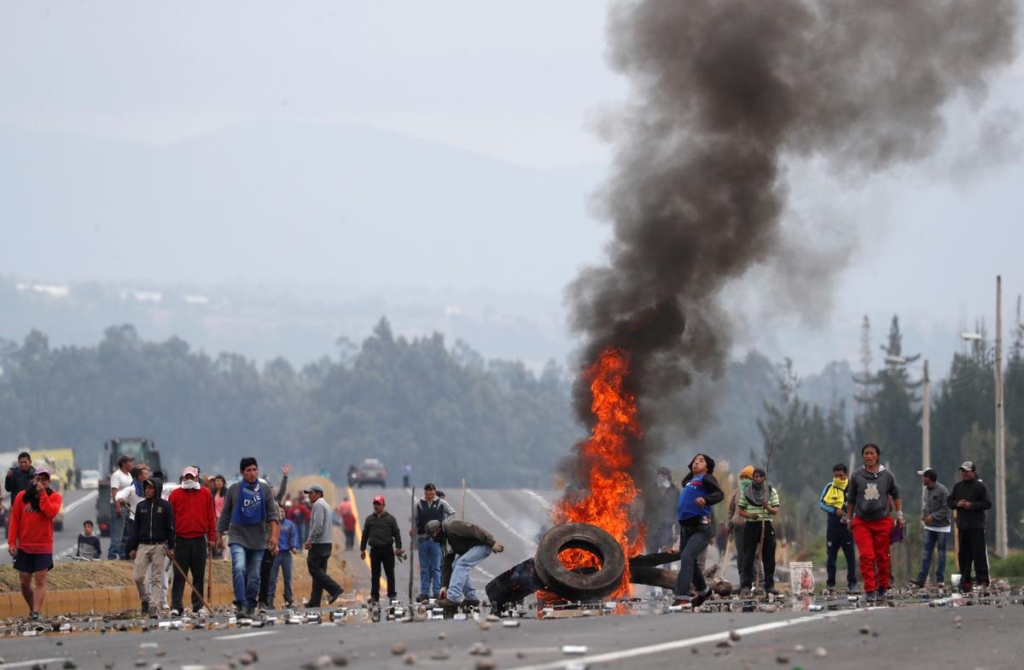
By Jose Llangari and Alexandra Valencia
3 October 2019
QUITO (Reuters) – Ecuador’s President Lenin Moreno declared a state of emergency on Thursday as protesters hurled stones and erected burning barricades after the end of decades-old fuel subsidies as part of a $2 billion government fiscal reform package.
Police responded with tear gas in the worst unrest for years in the oil-producing Andean nation.
“Down with the package!” demonstrators shouted, referring to measures enacted this week as Moreno puts Ecuador on a centrist, market-friendly path after years of leftist rule.
With the fuel subsidy cut taking effect on Thursday, taxi, bus and truck drivers blocked streets from early morning in the highland capital Quito and in Guayaquil on the Pacific coast.
Indigenous groups, students and unions joined the action, barricading roads with rocks and burning tires.
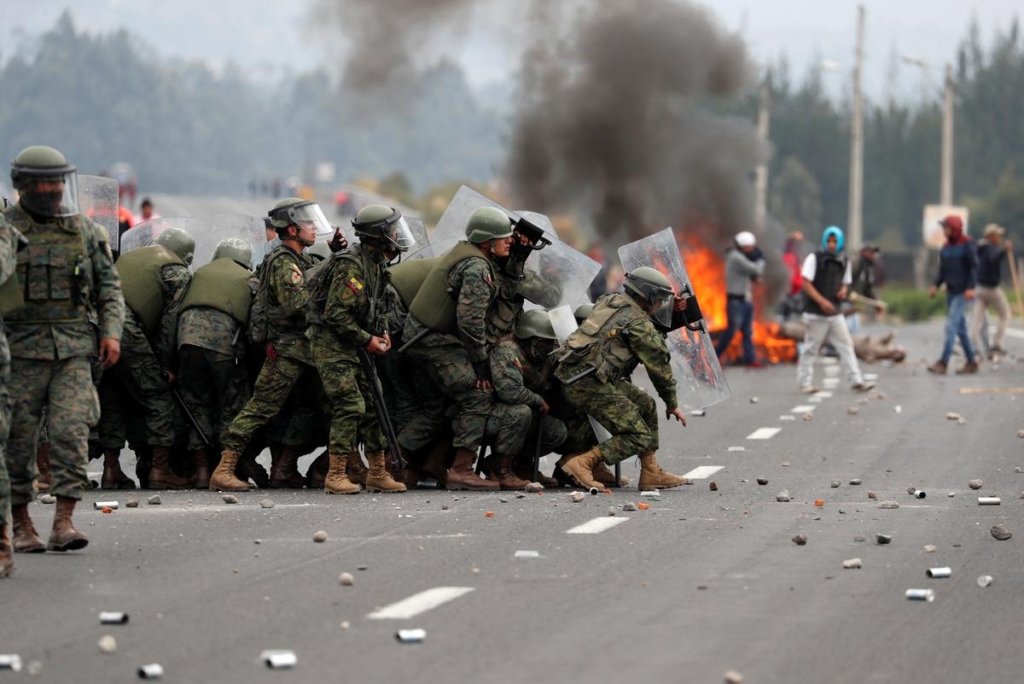
In Quito, masked youths faced off with riot police who drove them back with tear gas and deployed armored vehicles.
“It’s an indefinite action until the government overturns the decree on subsidies. We’re paralyzing the nation,” said bus transport leader Abel Gomez.
Officials say the elimination of fuel subsidies was necessary to lift a struggling economy and stop smuggling.
Moreno, who won election in 2017 to replace Rafael Correa, told reporters the “perverse” and highly costly subsidy, in place for 40 years, had distorted the economy and protests would not be allowed to paralyze Ecuador.
“To ensure citizens’ security and avoid chaos, I have ordered a national state of emergency,” the president said of the measure that suspends some rights and empowers the military to keep order.
“I have the courage to make the right decisions for the nation.”
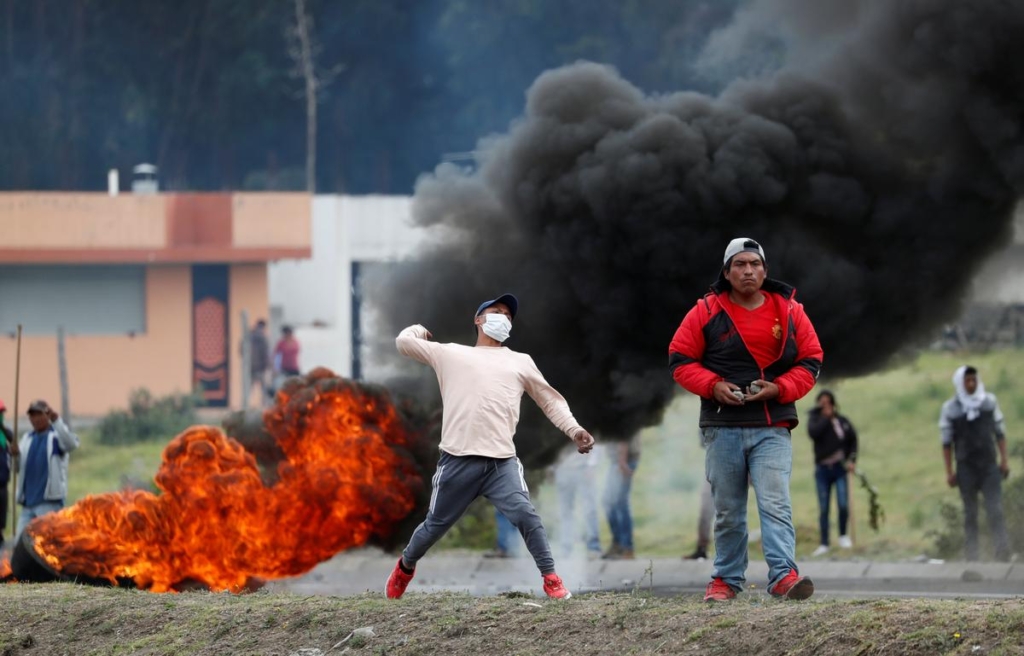
Diesel prices rose from $1.03 to $2.30 per gallon while gasoline rose from $1.85 to $2.39.
As darkness fell, several thousand marchers headed for the presidential palace in downtown Quito, which was ringed by police and soldiers. The protesters were eventually dispersed. […]
“We’ll close all the main roads,” said taxi driver Sergio Menoscal, 55, helping to block streets in Guayaquil.
“We’re tired of false promises … we can’t be blind to a government that has done nothing for the people.” [more]
Ecuador declares state of emergency as fuel protesters battle police
